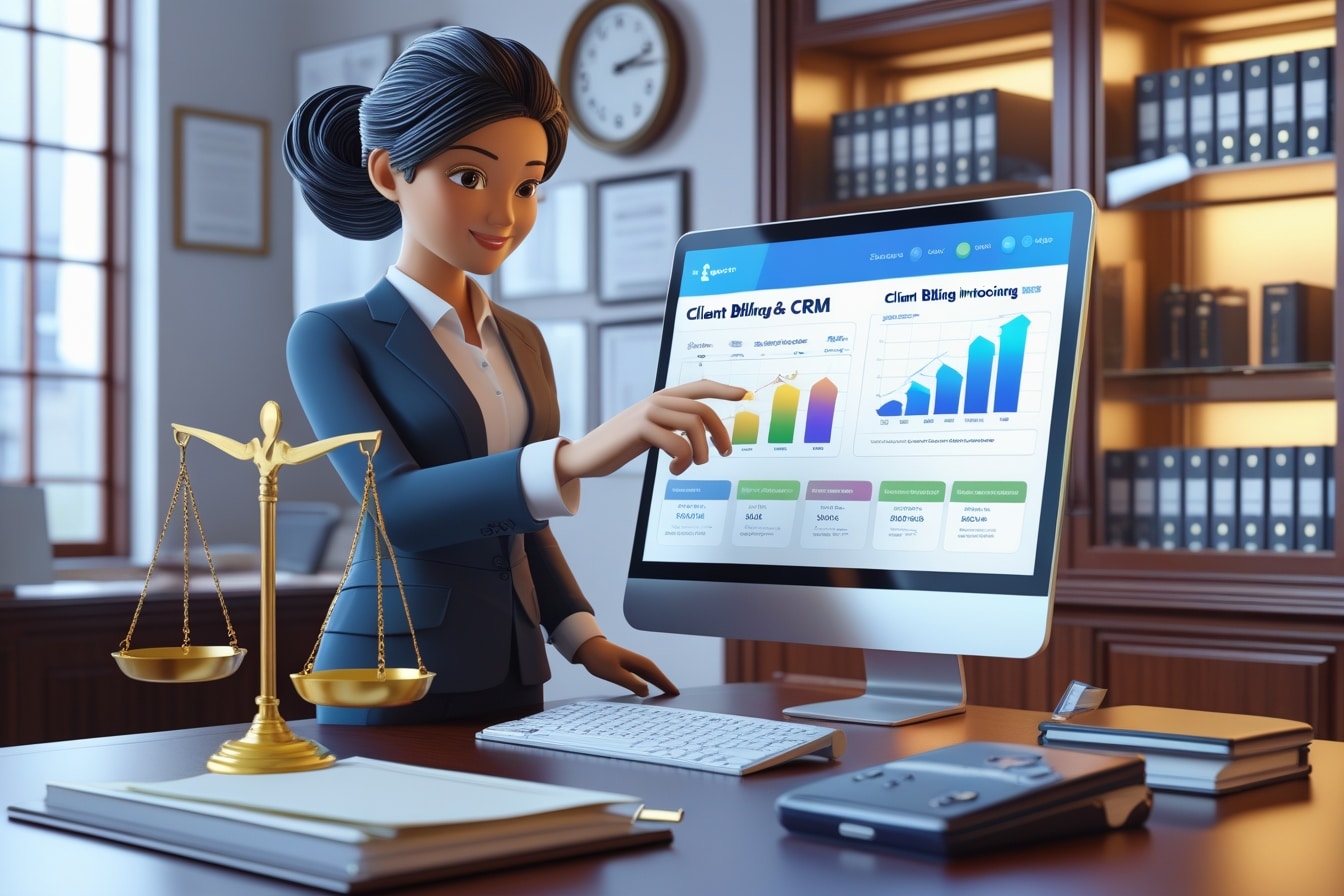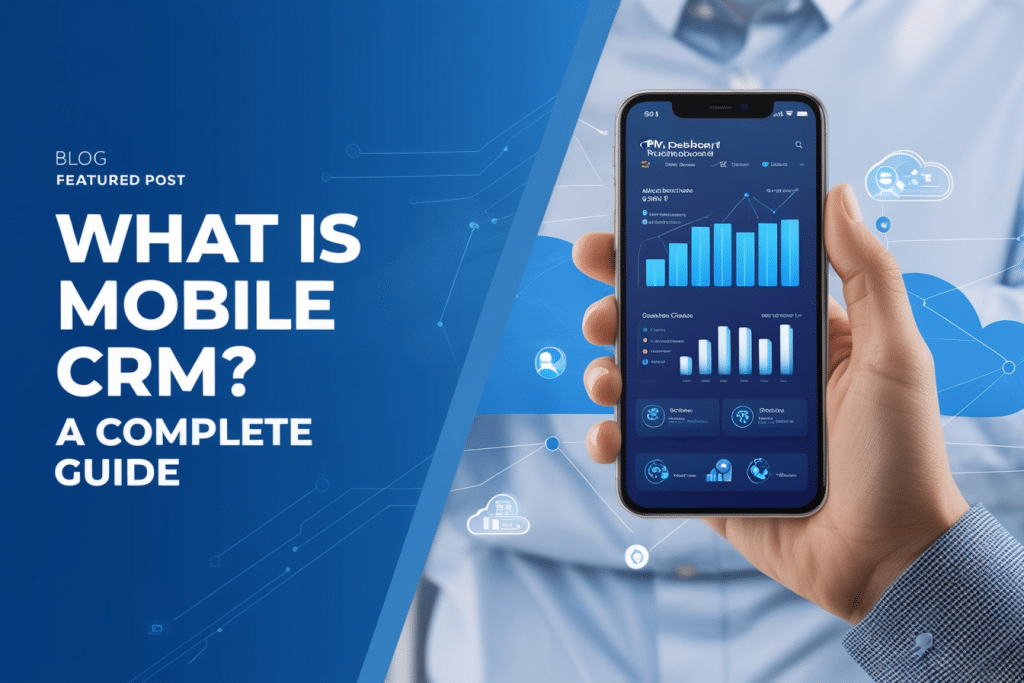Imagine a law firm struggling to keep up with increasing client demands. With mounting workloads and tight deadlines, the firm's billing process is often delayed, leading to late invoices and frustrated clients. You can use this scenario, as this one is too common especially when it comes to all legal industries.
However, by adopting the right strategic approaches for the client billing process, firms can simply alleviate these challenges and can improve overall performance.
In this blog post, we will explore the effective strategies to streamline the billing process, improve communication with clients, and enhance overall efficiency.
Let’s delve in and learn more!
Streamlining Timekeeping Processes
Accurate and timely timekeeping is the foundation of efficient client billing. Traditional manual methods, such as paper timesheets or spreadsheets, can be prone to errors, omissions, and delays. To simplify this process, organizations and especially law firms must consider the right and modern timekeeping tools.
Benefits of Modern Timekeeping
- Increased Accuracy: Minimize human error and ensure precise recording of billable hours.
- Real-Time Tracking: Reduce the risk of forgetting to track time by allowing direct recording from desktops or mobile devices.
- Enhanced Efficiency: Simplify the timekeeping process, saving time and reducing administrative burdens.
- Improved Billing: For businesses aiming to streamline their billing processes and enhance cash flow, exploring Chargebee alternatives that offer flexibility, automation and support evolving financial operations.
Improving Communication with Clients
Effective client communication is essential for maintaining strong relationships and ensuring timely payments. Law firms can enhance client satisfaction and streamline billing process through clear and consistent communication.
Strategies for Effective Client Communication
- Regular Billing Statements: Provide clients with detailed, easy-to-understand billing statements. Include clear explanations of fees, expenses, and any adjustments.
- Clear and Concise Invoices: Ensure invoices are error-free and visually appealing. For better transparency, you are advised to use the itemized billing process. Tools such as invoicing software can help ensure consistency, reduce manual errors, and simplify the process of creating professional client communications.
- Timely Responses to Inquiries: Respond promptly to client inquiries, address concerns, and provide updates. For this, you can set up automated response systems for common questions.
- Proactive Communication: Keep clients informed about case progress, deadlines, and potential fee changes. To do this, you can send out the regular newsletters or updates to maintain the engagement and workflow.
Moreover, you can use CRM for lawfirms to manage client interactions, track billing information, and streamline communication processes. You can even get help from online guides to implement client relationship management for law firms. Doing this you can manage your communication and relationship with your customers and prospects.
Leveraging Billing Software
Adopting the right and practical billing software can significantly streamline your billing procedure with the client, reduce manual effort, and improve efficiency. Law firms are now allowed to minimize their eros, hitting deadlines, and are also capable of saving their precious time just by automating the various tasks.
Key Benefits of Billing Software
- Time and Expense Tracking: Accurately track time and expenses, ensuring accurate billing.
- Matter Management: Organize and manage client matters efficiently.
- Invoice Generation and Delivery: Create professional invoices and deliver them electronically.
- Payment Processing: Simplify payment processing and track outstanding balances.
- Reporting and Analytics: Generate detailed reports to analyze billing trends and identify areas for improvement.
When selecting billing software, consider your firm's size, complexity, and specific needs. Law firms are also able to improve their financial performance and drive the expected client satisfaction just by investing in practical and ideal billing solutions.
Implementing Effective Billing Policies and Procedures
Clear and consistent billing policies and procedures are essential for efficient and accurate client billing. By establishing standardized practices, law firms can avoid confusion, reduce disputes, and improve cash flow.
Elements of Effective Billing Policies and Procedures
- Billing Rates and Fee Structures: Establish clear and competitive billing rates. Within this, you can develop flexible and drive feely available arrangements to accommodate the various client needs.
- Billing Cycles: Implement regular billing cycles to maintain consistent cash flow. Consider using monthly or quarterly billing cycles, depending on client preferences.
- Payment Terms: Clearly communicate payment terms and deadlines to clients. Offer convenient payment options, such as online payments or credit card payments.
- Dispute Resolution Procedures: Establish a clear process for resolving billing disputes. Promptly address client concerns and provide detailed explanations.
By implementing well-defined billing policies and procedures, law firms can enhance efficiency, transparency, and client satisfaction.
Enhancing Client Experience Through Technology
By leveraging the right and ideal technology, law firms can improve their client satisfaction and streamline their billing process as well. Therefore, implementing the following strategies can enhance the overall client experience.
- Client Portals: Provide clients with secure online portals to access their case information, review invoices, and make payments.
- Digital Signatures: Utilize electronic signature technology to streamline document signing and approval processes.
- Automated Reminders: Send automated reminders for upcoming deadlines, payments, and appointments.
- Personalized Communication: Use CRM software to track client preferences and tailor communication accordingly.
Hence, Law firms are required to use such technology to elevate their client experience and improve their client satisfaction, and loyalty as well.
Conclusion
Adopting the right, ideal, and practical technology law firms can streamline their billing process and stay competitive in the market. This means such technology will assist you in automating your tasks, improving communication with clients, and setting clear billing policies.
Not only but also, by doing this law firms can save their precious time, reduce human-based errors, improve client satisfaction, and a list of others. Finally, these efforts can lead to increased profitability and stronger client relationships.
Related Post:
An overview of robust software CRM for Law firms to manage everything








